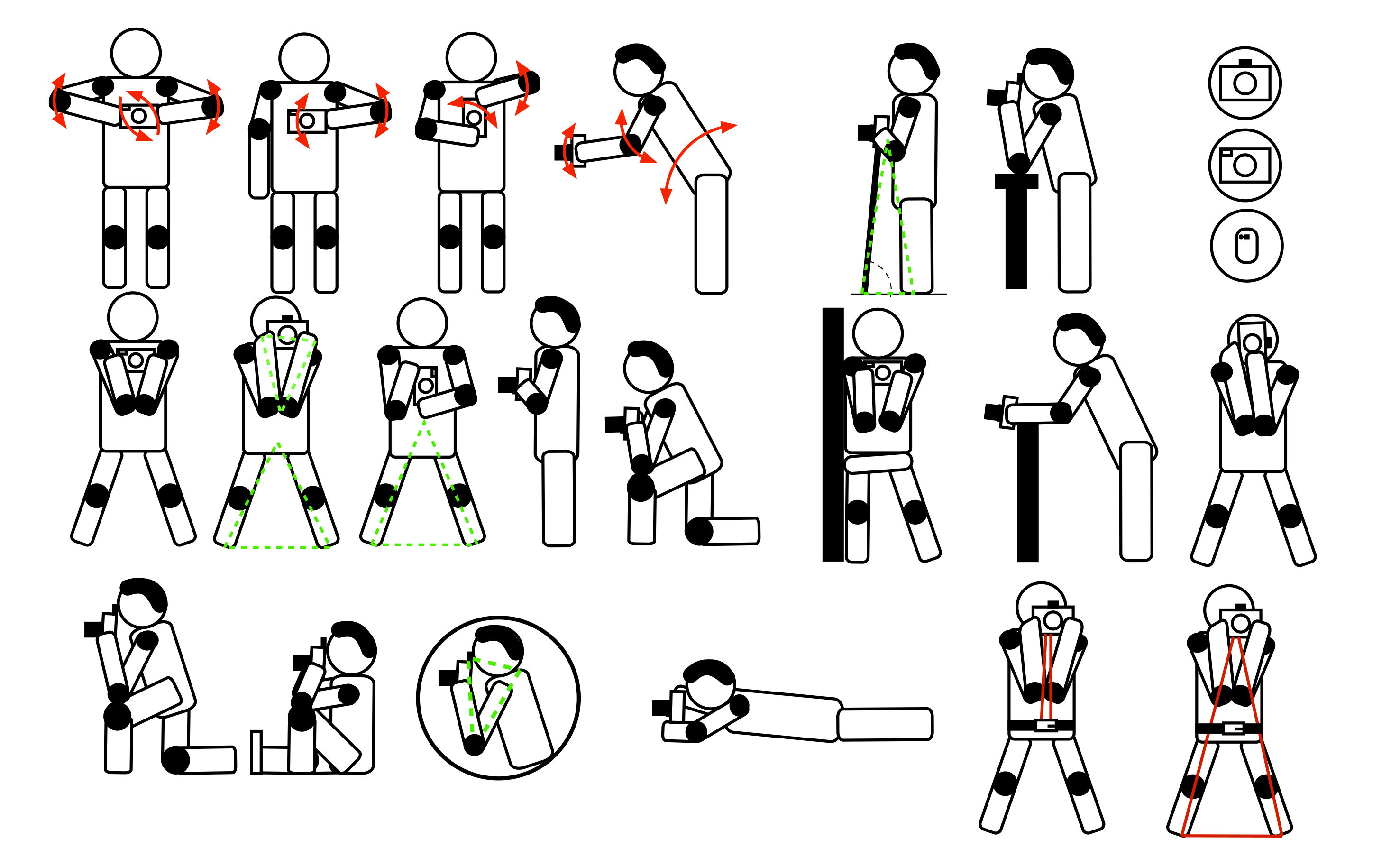What’s the best digital camera to buy? That’s a tricky question. After all, cameras, like people, come in all shapes and sizes. No one camera is best for everyone. Each photographer, beginner, intermediate, or pro, will look for the best camera to suit their needs.
The Canon EOS R100 tops our list and is the best digital camera for beginners. It’s affordable, but it has a 24 MP sensor, 4K video, and a bunch of creative features beginners will love.
But this article isn’t just about entry-level cameras. We cover every type of digital camera available right now. We have APS-C and full frame cameras, as well as Micro Four Thirds and compact cameras. They cover every skill level, so any photographer can find the best digital camera for them.
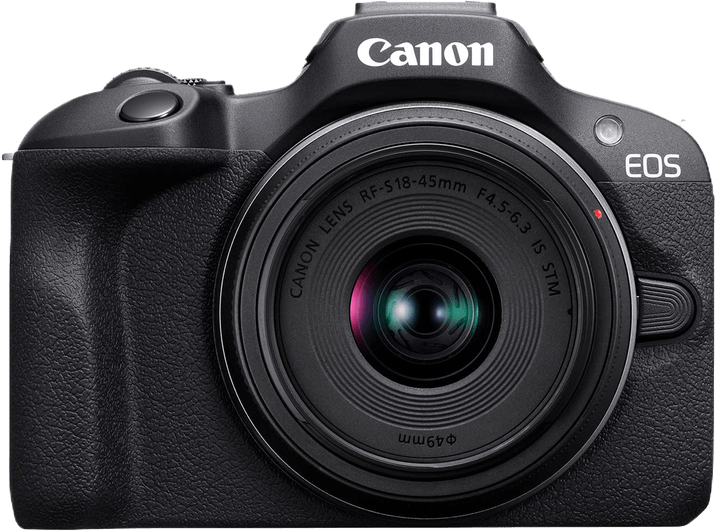
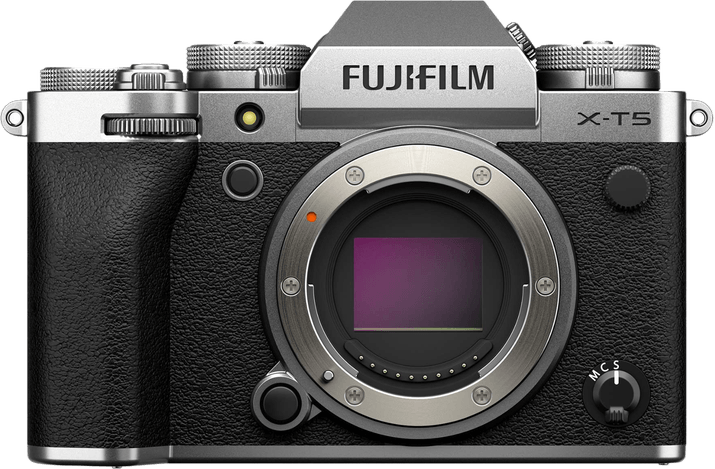
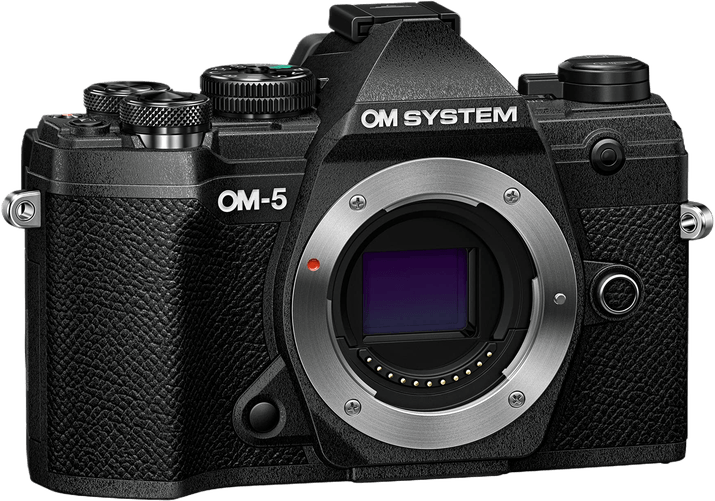
The best digital camera allows you to be creative, learn, and work to your maximum capacity. Of course, there’s no one digital camera we can call “the best.” All photographers have different needs. That’s why we’ve included a wide range of the best digital cameras in our article.
We have entry-level cameras for beginners. These models help you get started with easy controls and functions while letting you develop your skills.
Hybrid cameras are all the rage these days. And video specs have become just as important as photography specs when looking for a camera. Thankfully for multimedia producers, there are excellent photo-and-video cameras out there.
We’ve included compact cameras for photographers looking for something small and portable. We have the latest action camera for the adventurous types. And we have high-performance machines for professionals at the top of the photography game.
Here’s a rundown of all the best digital cameras. We look at each camera in more detail in the section after. We then have a FAQ section at the end for anyone who wants more information.



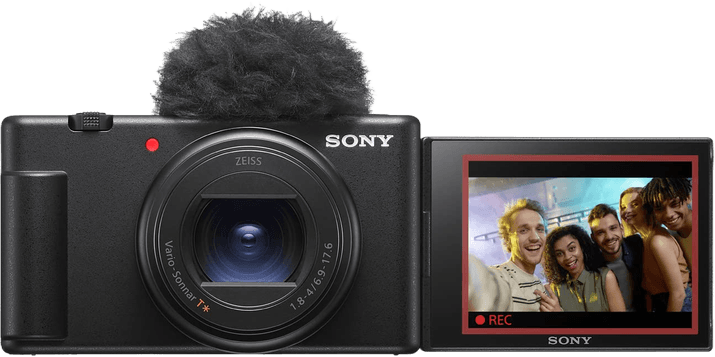
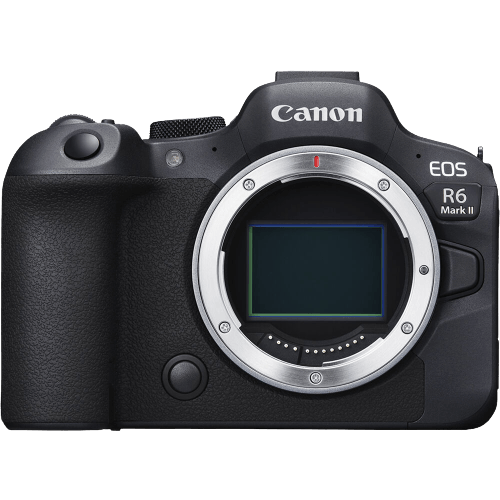
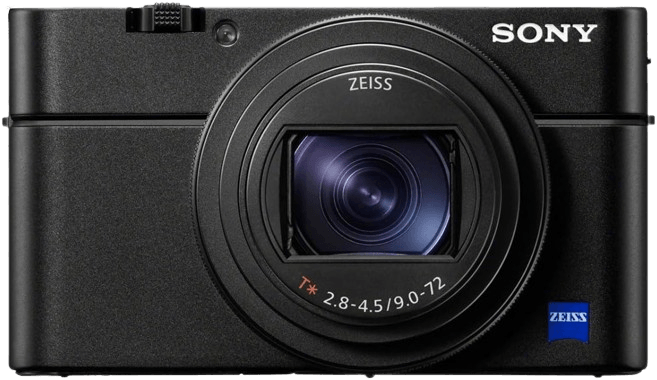
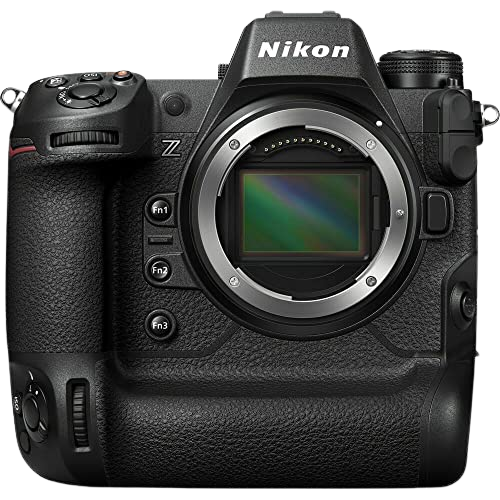
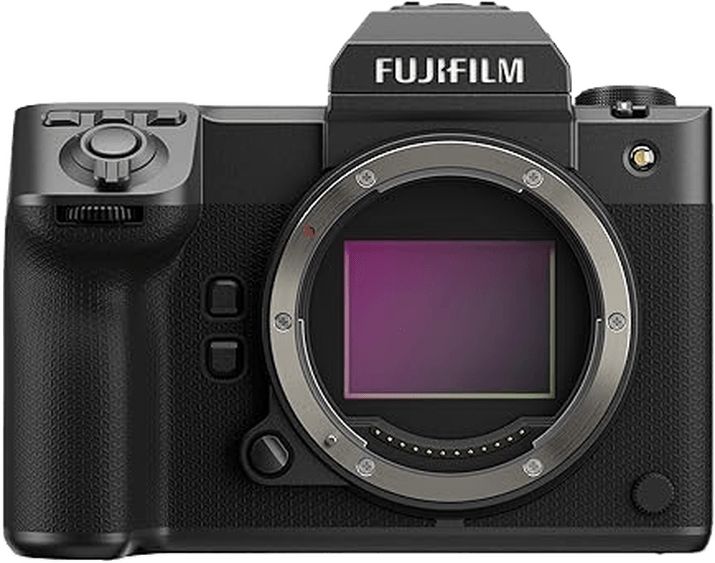
This section looks at all the best digital cameras in more detail. We go through all the top specs and features. We explain why they’ve made our list. And you can determine if it’s the best digital camera for you.
There are many types of cameras on display. You’ll find cameras for all skill levels. We have APS-C and full-frame cameras. We have plenty of mirrorless cameras and one of the last DSLRs. And there are compact and action cameras.

| Released |
Released
2023
|
| Camera Type |
Camera Type
|
| Sensor Format |
Sensor Format
|
| Lens Mount |
Lens Mount
Canon RF
|
| Megapixels |
Megapixels
24 MP |
| Autofocus Points |
Autofocus Points
3,975 |
| Maximum ISO (Native) |
Maximum ISO (Native)
12,800 |
| Frame Rate |
Frame Rate
6.5 fps |
| In-body Stabilization |
In-body Stabilization
|
| Max Video Resolution |
Max Video Resolution
|
| Other Key Features |
Other Key Features
Eye-detection autofocus (AF), Servo AF (for moving subjects), creative filters
|
| Best For |
Best For
Beginners looking for an affordable camera to get started with
|
The Canon EOS R100 is the best digital camera for beginners. Whether you’re a youngster getting started or someone more senior starting a new hobby, the R100 is perfect. It’s an affordable mirrorless camera with everything you need to start taking fantastic pictures.
The Canon camera body is compact, lightweight, and has a brilliant ergonomic design. It’s easy for all hands to hold for long periods.
Armed with an APS-C CMOS sensor, the camera delivers 24.1 MP images. That’s fantastic resolution for a beginner camera. It’s a significant improvement from smartphone cameras. You get lively images with sharp details and true-to-life colors.
Experienced photographers know Canon has some of the best autofocus systems in the business. And that’s even true in this budget-friendly camera. It uses their Dual Pixel CMOS AF, giving you nearly 100% frame coverage. And it has face- and eye-detection programs.
A 6.5 fps burst mode isn’t the fastest. But it’s fast enough to capture action and sports on a casual basis. You also get full AF coverage at that speed.
A modern digital camera wouldn’t be much good without video. And the R100 doesn’t let you down. You can record lovely crisp and clear 4K footage at 24 fps. And you can even shoot slow-motion videos at lower resolutions.
The lack of a tilting touchscreen is one downside. But it does have an excellent electronic viewfinder. It also has a built-in flash and Wi-Fi connectivity.
It has beginner-friendly usability and an affordable price tag. The Canon EOS R100 is the best digital camera for beginners.

| Released |
Released
2022
|
| Camera Type |
Camera Type
|
| Sensor Format |
Sensor Format
|
| Lens Mount |
Lens Mount
Fujifilm X
|
| Megapixels |
Megapixels
40 MP |
| Autofocus Points |
Autofocus Points
425 |
| Maximum ISO (Native) |
Maximum ISO (Native)
12,800 |
| Frame Rate |
Frame Rate
15 fps |
| In-body Stabilization |
In-body Stabilization
|
| Max Video Resolution |
Max Video Resolution
|
| Other Key Features |
Other Key Features
Pixel-Shift Multi-Shot mode, 20 frames per second (fps) with the electronic shutter, HDMI output
|
| Best For |
Best For
Photographers looking for a stylish, compact APS-C camera with stunning photo and video features
|
The Fujifilm X-T5 is one of the most powerful APS-C mirrorless cameras there is. The video features are excellent. And it has a beautiful retro design that’s bang on trend. It’s hard not to love it.
With an APS-C sensor, Fujifilm has kept the camera body fairly compact. It also looks fantastic, with a retro-style design echoing Fuji film cameras of the analog era. And its beauty isn’t only skin deep. The insides are even more impressive!
This Fujifilm camera gives you a 40.2 MP image resolution despite the small size. That’s incredible for an APS-C camera. The images are intense, with accurate detail and color. And you’ll have no problems printing or enlarging them.
The 125 ISO helps you maximize image quality. And you get low-noise images even if you push the ISO to the upper limit.
You get even more exposure control thanks to the image stabilization system. And this also enables Pixel-Shift Multi-Shot mode. By combining several exposures, this mode produces 160 MP images. That’s truly staggering image quality.
The video features are just as impressive. We’re used to seeing cameras with 4K resolution. But the X-T5 can record footage with 6.2K video resolution. That’s high-quality video with 4:2:2 10-bit color. You’ll get beautiful movie-quality videos from this handheld camera.
It also has a wide array of practical features users will appreciate. The vari-angle touchscreen makes it easier to shoot from any angle. Or you can use the 1.84-million dot electronic viewfinder. The tactile controls on the top are a joy to use. Plus, the camera has Wi-Fi and Bluetooth connectivity.
The Fujifilm X-T5 is the total package. It has everything a modern digital camera should and more. Unsurprisingly, it’s our choice as the best all-around digital camera.

| Released |
Released
2022
|
| Camera Type |
Camera Type
|
| Sensor Format |
Sensor Format
|
| Lens Mount |
Lens Mount
Micro 4/3
|
| Megapixels |
Megapixels
20 MP |
| Autofocus Points |
Autofocus Points
121 |
| Maximum ISO (Native) |
Maximum ISO (Native)
25,600 |
| Frame Rate |
Frame Rate
30 fps |
| In-body Stabilization |
In-body Stabilization
|
| Max Video Resolution |
Max Video Resolution
|
| Other Key Features |
Other Key Features
Weather-proof, HDR mode, focus stacking, Hi-Res shot mode
|
| Best For |
Best For
Photographers looking for a compact mirrorless camera packed with advanced features
|
Olympus may have changed its name to OM System, but it still makes sensational cameras. And the Olympus OM System OM-5 is proof of that.
As a Micro Four Thirds (MFT) camera, it’s an interchangeable lens camera with a compact body. It also has a trendy retro-esque design that looks great. It’ll fit in any camera backpack.
Even though MFT sensors are smaller than APS-C, they still give you excellent results. It has a native resolution of 20 MP with well-rendered colors. But thanks to the Hi-Res shot mode, you can also shoot 50 MP images. It’s also a handheld mode, so you don’t need a tripod.
The built-in image stabilization gives you better low-light performance. And the AF system is one of Olympus’s best to date. You can also use the built-in HDR mode for ultra-detailed images.
It’s also a great Olympus camera for video makers and vloggers. You can record 4K footage at 30 fps. There’s a vertical video mode for optimized social media content. And it doubles as a high-resolution webcam for live streaming.
The OM System OM-5 is a rugged, weather-proof camera. You can use it outside in all conditions, even freezing temperatures. And despite the name change, it’s compatible with all the best Micro Four Thirds lenses.

| Released |
Released
2023
|
| Camera Type |
Camera Type
|
| Sensor Format |
Sensor Format
|
| Lens Mount |
Lens Mount
None
|
| Megapixels |
Megapixels
20 MP |
| Autofocus Points |
Autofocus Points
315 |
| Maximum ISO (Native) |
Maximum ISO (Native)
12,800 |
| Frame Rate |
Frame Rate
24 fps |
| In-body Stabilization |
In-body Stabilization
|
| Max Video Resolution |
Max Video Resolution
|
| Other Key Features |
Other Key Features
18-50mm zoom lens, eye-tracking AF, three-capsule microphone
|
| Best For |
Best For
Vloggers and content creators
|
The Sony ZV-1 II is the best digital camera for vlogging and content creation. It’s a compact camera with everything a multimedia creator needs to survive and thrive online.
As a compact (point-and-shoot) camera, it has a fixed lens. It’s a zoom lens with an 18-50mm focal length range. That gives you plenty of variety and flexibility. And with a max aperture of f/1.8-4, it works well in low-light situations.
This Sony camera has a one-inch sensor with a 20 MP resolution for image creation. That tops most smartphone cameras. And you have a wide 80 to 25,600 (expanded) ISO range.
Many users will be more interested in the video specs, which are also great. It can record 4K video footage with a 30 fps frame rate. Or you can shoot at 120 fps working in Full HD resolution.
The AF system works just as well with photography and video. It has face- and eye-detection capabilities. And it tracks your subject by keeping the eyes in focus. This is ideal for recording vlogs.
You can record handheld video thanks to digital video stabilization. You don’t need to fork out for a camera gimbal. Plus, it has a built-in three-capsule mic for professional sound recording. It also comes with a sound muffler for better-quality audio.
The Sony ZV-1 II also has webcam functionality, making it a great live-streaming camera. It has a rotating touchscreen, so you can easily record yourself. And it has wireless connectivity. It’s a pocket-sized digital camera for content creators.

| Released |
Released
2022
|
| Camera Type |
Camera Type
|
| Sensor Format |
Sensor Format
|
| Lens Mount |
Lens Mount
Canon RF
|
| Megapixels |
Megapixels
24 MP |
| Autofocus Points |
Autofocus Points
4,897 |
| Maximum ISO (Native) |
Maximum ISO (Native)
102,400 |
| Frame Rate |
Frame Rate
40 fps |
| In-body Stabilization |
In-body Stabilization
|
| Max Video Resolution |
Max Video Resolution
|
| Other Key |
Other Key
6-hour Full HD recording, Vari-angle touchscreen, eye-detection AF, dual card slot
|
| Best For |
Best For
Intermediates looking for an upgrade
|
The Canon EOS R6 Mark II is a well-rounded full frame mirrorless camera. It’s the complete package and everything a modern mirrorless camera should be.
The 24.2 MP full frame sensor produces stunning images. Detail and color rendition are superb, and the larger sensor gives you a better dynamic range than an APS-C camera.
An expandable ISO gives you more flexibility in low light, giving you a new max of 204,800. You have more flexibility at the over end too, with a 50 ISO option for maximizing image quality in bright sunlight.
Canon’s Dual Pixel CMOS AF system is regarded as the best in the business. The R6 II system is a great example, with 1,053 focus zones and 100% frame coverage giving you incredible focus accuracy.
The subject tracking is reliable, and it has head, face, and eye-detection abilities. It can also detect animals, which is great for shooting pet portraits or horse racing.
It also has 5-axis image stabilization built in for sharper shots in low light. Videographers will appreciate the Movie Digital IS, which stabilizes your images when shooting working shots without a camera gimbal.
The video features are also excellent. You can record uncropped 4K video with a super-smooth 60 fps frame rate. You can also use the Full HD resolution for long-form recording thanks to the 6-hours record limit. USB charging keeps the power flowing on longer shoots.
Practical features like the rotating LCD screen and quick control dial make the Canon EOS R6 II a dream to use. It’s also compact and lightweight for a full frame camera.
You can also pair it with any of Canon’s best RF lenses.

| Released |
Released
2019
|
| Camera Type |
Camera Type
|
| Sensor Format |
Sensor Format
|
| Lens Mount |
Lens Mount
Fixed
|
| Megapixels |
Megapixels
20 MP |
| Autofocus Points |
Autofocus Points
357 |
| Maximum ISO (Native) |
Maximum ISO (Native)
12,800 |
| Frame Rate |
Frame Rate
5 fps |
| In-body Stabilization |
In-body Stabilization
|
| Max Video Resolution |
Max Video Resolution
|
| Other Key |
Other Key
Electronic viewfinder, 8x optical zoom, eye-detection AF, external mic port
|
| Best For |
Best For
People looking for a high-quality compact camera
|
As people tire of the limitations of smartphone cameras, compact cameras are coming back into fashion. If you’re one of the people looking for a high-quality compact, we recommend the Sony RX100 VII.
It’s as compact as compact cameras come, which is literally pocket-sized. But despite the small size, it’s packed with excellent photography and videography features.
It has a 1-inch sensor, which is smaller than the other cameras on this list. But it still delivers 20.1 MP images that look fantastic. That’s a big improvement from most smartphone cameras.
A fixed Zeiss lens gives you an 8x zoom range (24-200mm). The maximum aperture does drop from f/2.8 to f/4.5 when you zoom in, but it’s an optical zoom so there’s no loss of image quality.
Reliable eye-detection and subject tracking give you advanced autofocus performance. And there’s a 20 fps burst mode for action photography.
You might be surprised to know you can record 4K video with this compact camera. There’s a microphone jack for professional sound recording, and you even get digital image stabilization. That makes it a great option for vloggers and content creators.
The Sony RX100 VII is a modern classic and our favorite compact camera right now.
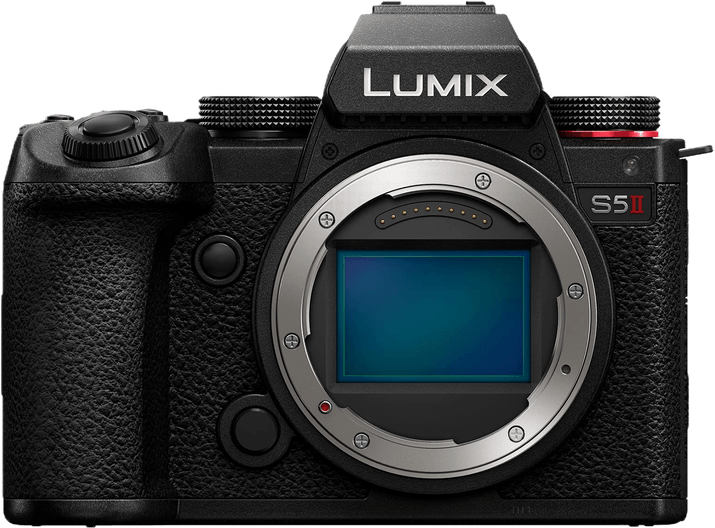
| Released |
Released
2023
|
| Camera Type |
Camera Type
|
| Sensor Format |
Sensor Format
|
| Lens Mount |
Lens Mount
Leica L
|
| Megapixels |
Megapixels
24 MP |
| Autofocus Points |
Autofocus Points
779 |
| Maximum ISO (Native) |
Maximum ISO (Native)
51,200 |
| Frame Rate |
Frame Rate
9 fps |
| In-body Stabilization |
In-body Stabilization
|
| Max Video Resolution |
Max Video Resolution
|
| Other Key |
Other Key
High dynamic range video features, 6K video, HDMI port
|
| Best For |
Best For
Videography and photography
|
For modern media producers, video is just as important as photography. That’s why we recommend specialist hybrid cameras like the Panasonic Lumix S5 II. It isn’t just a photography camera with some video features thrown in. This a proper videography camera with pro photo features.
4K has become standard in modern mirrorless cameras. But the S5 II stands out with it’s stunning 6K video recording. And that’s 6K with a smooth 30 fps frame rate. If you switch down to 4K, there’s a 60 fps option for even smoother footage.
You can expect highly accurate color rendition thanks to the 10-bit 4:2:2 color sampling. And Panasonic’s Active Image Stabilization gives smooth footage without a camera gimbal.
When it comes to stills, you get lovely 24.2 MP images. That’s not record breaking for a full frame camera, but the quality is excellent. There is a 50 ISO setting for maximum quality. The camera also has a 96 MP high-resolution mode if you need more power.
A 30 fps burst mode helps you capture fast action. Each shot is full resolution, and the AF system continues to track as the burst continues.
The rotating touchscreen, full-size HDMI port, and microphone ports round out the hybrid features of the Panasonic Lumix S5 II. It also has a special heat dispersion system to stop the camera from overheating, which is handy for long shoots.

| Released |
Released
2021
|
| Camera Type |
Camera Type
|
| Sensor Format |
Sensor Format
|
| Lens Mount |
Lens Mount
Nikon Z
|
| Megapixels |
Megapixels
46 MP |
| Autofocus Points |
Autofocus Points
493 |
| Maximum ISO (Native) |
Maximum ISO (Native)
25,600 |
| Frame Rate |
Frame Rate
30 fps |
| In-body Stabilization |
In-body Stabilization
|
| Max Video Resolution |
Max Video Resolution
|
| Other Key Features |
Other Key Features
1000-image buffer, electronic Vibration Reduction (VR), 4K slow-mo
|
| Best For |
Best For
Professional photographers and videographers
|
The Z9 is a statement camera from Nikon. It has put to bed any discussion that Nikon is falling behind Canon and Sony in the mirrorless camera department. It’s a powerhouse for photography and videography. And it’s becoming a popular sports photography camera for professionals.
First, it has an FX-format full-frame stacked CMOS sensor and an EXPEED 7 processor. Together, they deliver sensational 45.7 MP images. They are beautiful images. But the speed at which they are taken is the truly impressive part.
You can shoot with full resolution with a 20- or 30 fps burst rate. That’s incredible processing power. And if that isn’t fast enough, there’s a 120 fps burst rate. The images are only 11 MP. But that’s still a lightning-fast burst mode. And there’s a 1,000-image buffer limit.
Nikon has also developed a new high-efficiency RAW file format. It’s one-third of the size of a standard uncompressed RAW image. But it doesn’t lose any quality or dynamic range. You need all the space you can get when shooting 45 MP images at 30 fps.
The Nikon Z9 is also a wonder when it comes to videography. You can shoot glorious 8K footage at 30 fps for movie-quality videos. There’s a lengthy two-hour 8K recording time limit. And the 4:2:2 10-bit color is rich, vibrant, and accurate.
You can also shoot 120 fps slow-motion footage with a 4K resolution. And there’s a built-in digital Vibration Reduction system to keep the footage steady. You can shoot handheld without a gimbal.
With Nikon’s most powerful autofocus system, you’ll never miss your target. It has nearly 100% frame coverage using 493 focus points. And it has eye-detection and tracking for animals and birds. It can also recognize other types of subjects.
The Nikon Z9 is a beast of a digital camera. Most photographers won’t need this kind of power. And most won’t be able to afford it. But it’s the best camera for professional wildlife and sports photographers.

| Released |
Released
2023
|
| Camera Type |
Camera Type
|
| Sensor Format |
Sensor Format
|
| Lens Mount |
Lens Mount
Fujifilm G
|
| Megapixels |
Megapixels
102 MP |
| Autofocus Points |
Autofocus Points
425 |
| Maximum ISO (Native) |
Maximum ISO (Native)
12,800 |
| Frame Rate |
Frame Rate
8 fps |
| In-body Stabilization |
In-body Stabilization
|
| Max Video Resolution |
Max Video Resolution
|
| Other Key Features |
Other Key Features
Film simulation modes, ports for audio devices, weather-sealed body
|
| Best For |
Best For
Capturing the best image quality
|
The Fujifilm GFX 100 II is a phenomenon for image quality. We expect excellent images from medium-format cameras. But this camera takes image quality to a new level. It’s a niche machine, but it has to be mentioned in our list of the best digital cameras.
The medium format sensor gives you 102 MP images as standard. That’s heart-stopping image quality that can withstand enlargement at any scale.
It also has one of the best AF systems on a medium-format camera. It uses 425 focus points and has face and eye detection technology.
The native ISO range has a low setting of 80, which is great. But you can even expand that to 40 for even better picture quality. You also have built-in Fujifilm film simulations to add an analog look to your photos.
Five-axis image stabilization is always handy if you want to shoot handheld. But the GFX 100 II is a heavy camera. So, you might want to use a tripod anyway.
An 8 fps burst mode might not seem fast. But that’s rapid for a medium format camera, especially considering each frame holds 102 MP.
Medium-format cameras have never been popular with videographers. That was until Fujifilm released the GFX 100 II. This camera has incredible movie-making abilities, including 8K video at 30 fps!
You can also record with a 4K resolution at 60 fps. And there’s a 120 fps frame rate for Full HD slow-motion video recording.
The Fujifilm GFX 100 II is a revelation. It’s a full-power medium-format camera with all the bells and whistles of a full-frame mirrorless camera. You may have to re-mortgage the house to buy one of these. But it’s a mind-blowing digital camera.
Finding the best digital camera isn’t easy. There are many different features to consider. You have to find a camera that suits your skill level. And it’s best to find a digital camera that works for the media you want to create.
We’ve answered some of the most frequently asked questions to help you find the perfect camera!
One of the best ways to find the best camera for you is to consider the type of photography you enjoy. Different cameras have a variety of different features. That means some cameras are better suited to certain photography disciplines than others.
Street photographers like compact cameras that help them keep a low profile. Sports and wildlife photographers need a fast burst and accurate AF. And portrait cameras need a good blend of image quality, eye-detection AF, and dynamic range.
We can’t list the best camera for every type of photography here. But we can help you find the right article on our website. Click on the link below to find the perfect camera for your style:
The best streaming camera lets you transmit live footage on platforms like YouTube and Twitch. You can also use these cameras for conference calls and online teaching. Or you can use them for recording vlogs and videos.
In this article, we’ve seen a few cameras that can be used as streaming cameras. The OM System OM-5, Sony ZV-1 II, and Fujifilm X-T5 are excellent high-resolution webcams. If you want more streaming camera options, check out these articles:
The key specs of a streaming camera are its live video resolution and frame rate. You need good resolution to give you sharp and clear footage. You want viewers to clearly see what you’re doing. And a fast frame rate gives you smoother footage. This is especially important for game streamers.
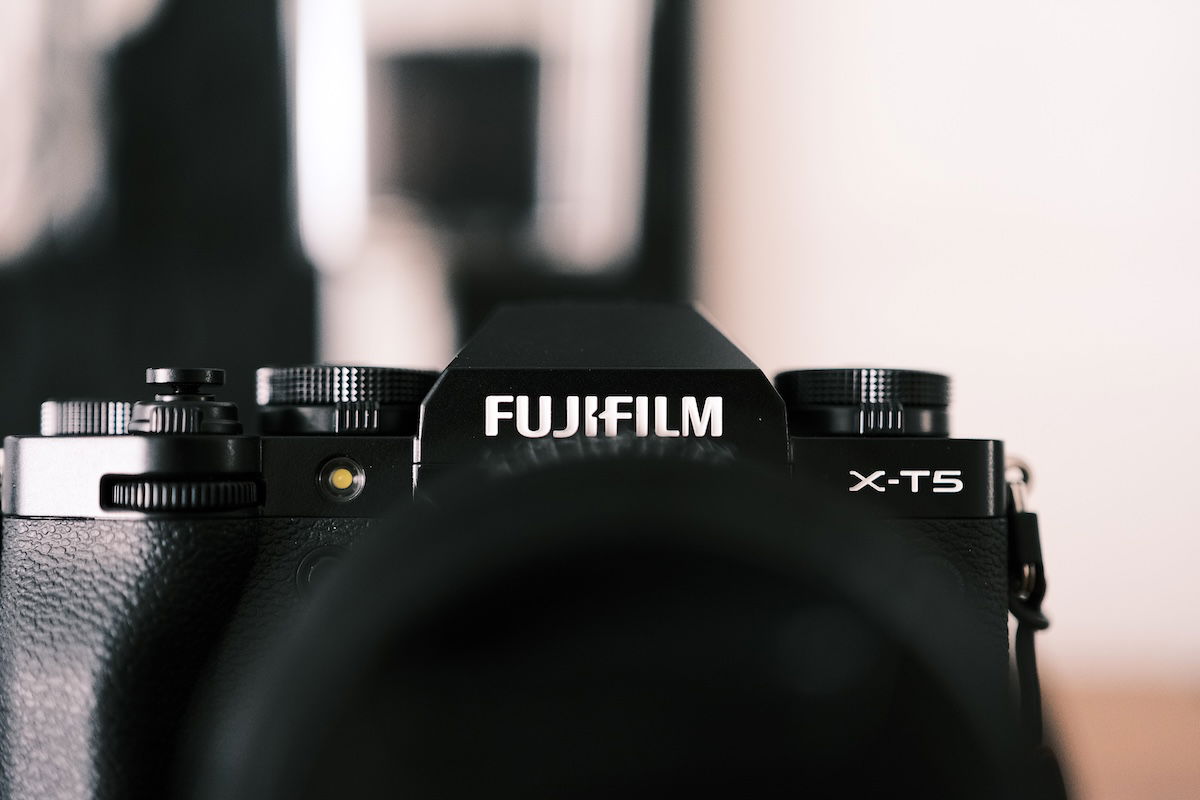
If you’re looking for a classic SLR, we recommend the Canon AE-1. It remains a classic as one of the most popular cameras in the 1980s. You can read our full review of the Canon AE-1 for more info.
If you want something simple and fun, try the Kodak Ektar H35. It’s an easy-to-use 35mm point-and-shoot camera that gives you the most for your money. By shooting half-frame shots, you get twice as many images from one roll of film. Read our full review of the Kodak Ektar H35 for more details.
Many thought digital cameras would kill the idea of film cameras. It nearly did at one point. But film photography is reviving, and sales of analog cameras and film stocks are booming again. It’s great to see.
If film photography interests you, you can buy plenty of excellent 35mm cameras. If you want more information on film photography and analog cameras, dive into the articles below:
The best digital cameras help you express yourself creatively. They allow you to create the exact type of media you want. They help you learn and develop. And the best ones help you meet deadlines and satisfy clients. But it’s all about finding the best digital camera for you.
The Canon EOS R100 tops our list as its the best digital camera for beginners. But the Fujifilm X-T5 and OM System OM-5 are seriously impressive cameras. We recommend each of them, so finding the best is a matter of deciding which is the best fit for you.




